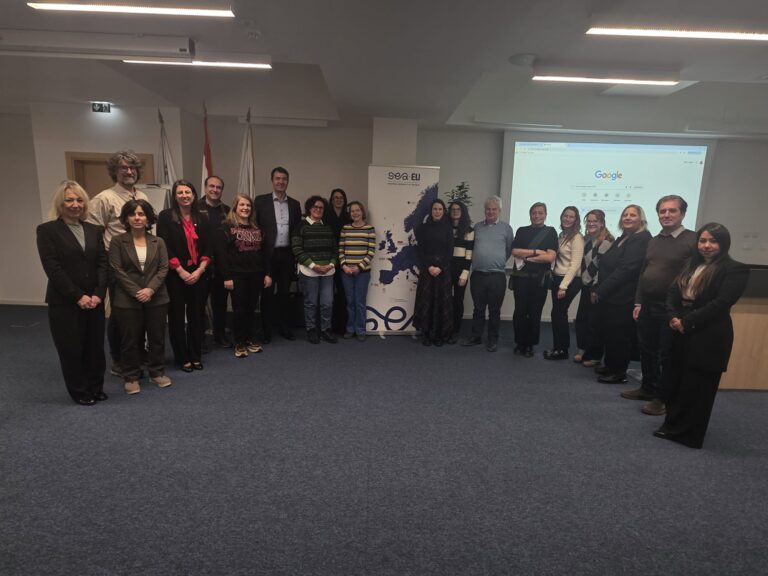The development of the Master in Sustainable Management of Organisations is an initiative led by the University of Malta (UM) and funded by Erasmus Mundus Design Measures (EMDM) to support the design of high-level and integrated study programmes. It will be jointly offered by six partners of the SEA-EU alliance: the University of Cádiz (Spain), the University of Western Brittany (Brest, France), the University of Gdansk (Poland), the University of Split (Croatia), the University of Malta and Nord University (Bodø, Norway). All universities are coastal European universities.
The Department of Public Policy within the Faculty of Economics, Management and Accountancy at UM is the leading department within this highly inter-disciplinary postgraduate programme. The general foci of this Master’s programme are: Green & Sustainable Development; Blue Management & Leadership; and Blue Economy & Ocean Literacy. A policy dimension cuts across all these foci, and equips the Turquoooise manager to effectively manage organisations at a local, regional, national or supranational level.
Alongside other European partners, the Department of Public Policy is leading two of the taught study-units in this Master’s programme. These are The Political Economy of Maritime Cities and Regions; and Governance, Regulation and Compliance. The Department is also coordinating the research-based dissertation component within this Master’s programme.
The study-unit on the Political Economy of Maritime Cities and Regions enables an understanding of the intersection between politics and economics, including business lobbying, public consultation, negotiations and conflict resolutions. It maps out the relationships among stakeholders to ascertain sustainable development in the stewardship of green and blue economies. Moreover, it seeks to question and critically examine current economic models and explore alternative and more sustainable ones.
The study-unit on Governance, Regulation and Compliance is a crucial component of this Master’s programme as it provides comprehension of governance and regulatory frameworks, encompassing theories and best practices. It assesses effective compliance and risk management strategies in international settings, including sustainability reporting, carbon emissions regulations and environmental compliance. It considers the ethical dimensions of management and corporate social responsibility, emphasising sustainable business practices. Lastly, this study-unit analyses emerging trends such as the influence of technology (AI and blockchain) on regulatory processes and global crises responses.
Furthermore, academics from the Department of Public Policy will also be contributing their expertise in other study-units within this Master’s programme. For example, a study-unit on Human Nature will adopt a social psychology approach to understand the role played by social psychological variables (ex: connectedness to nature) in predicting human behaviour in nature/human-nature relations, as well as develop an understanding of social representations of nature. The Department is also contributing to a study-unit on Sustainable Human Resource Management, which considers strategies, practices and ethical considerations to foster sustainability within organisations, as well as promote diversity, equity and inclusion (DEI) in the workplace.



